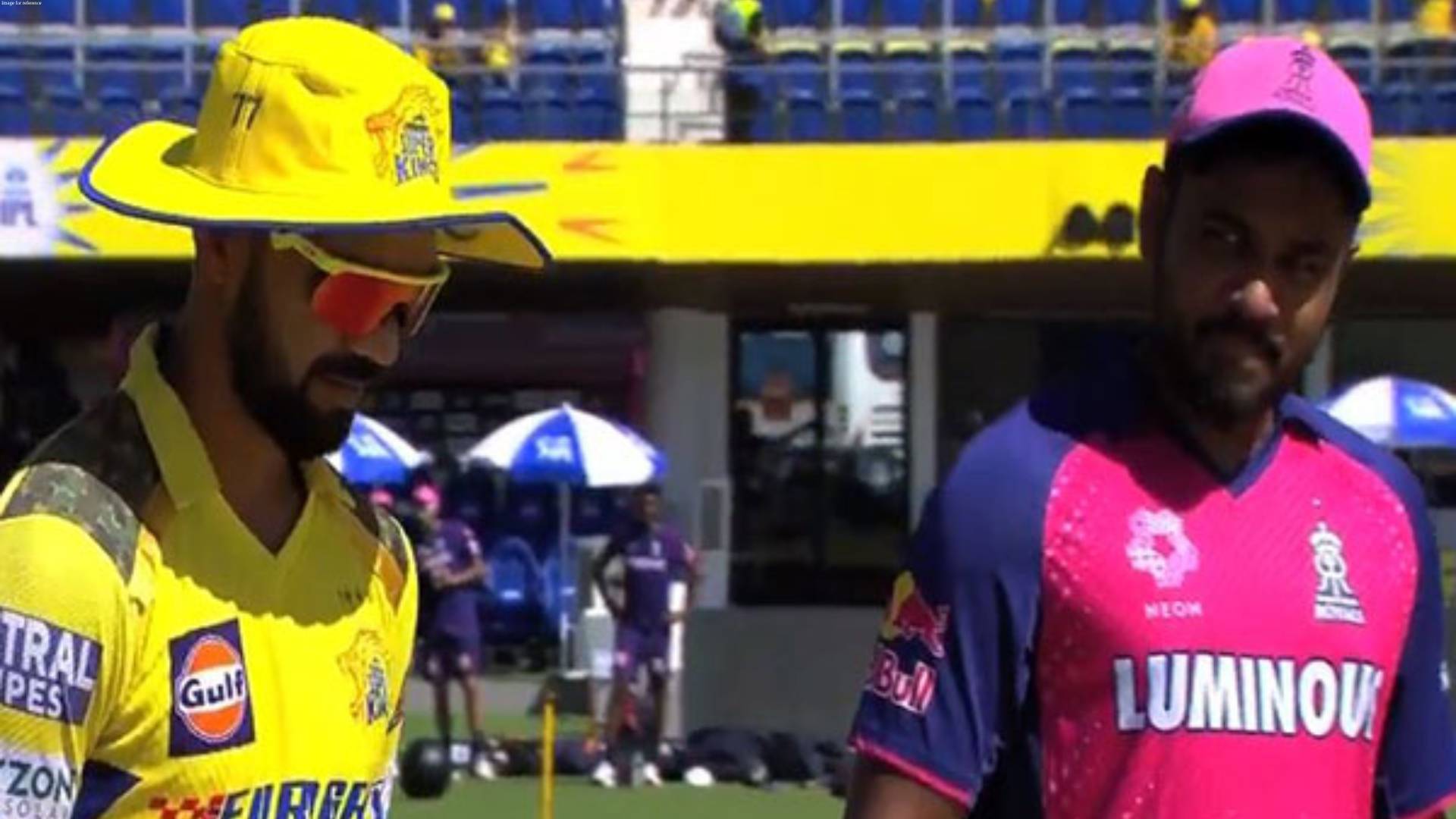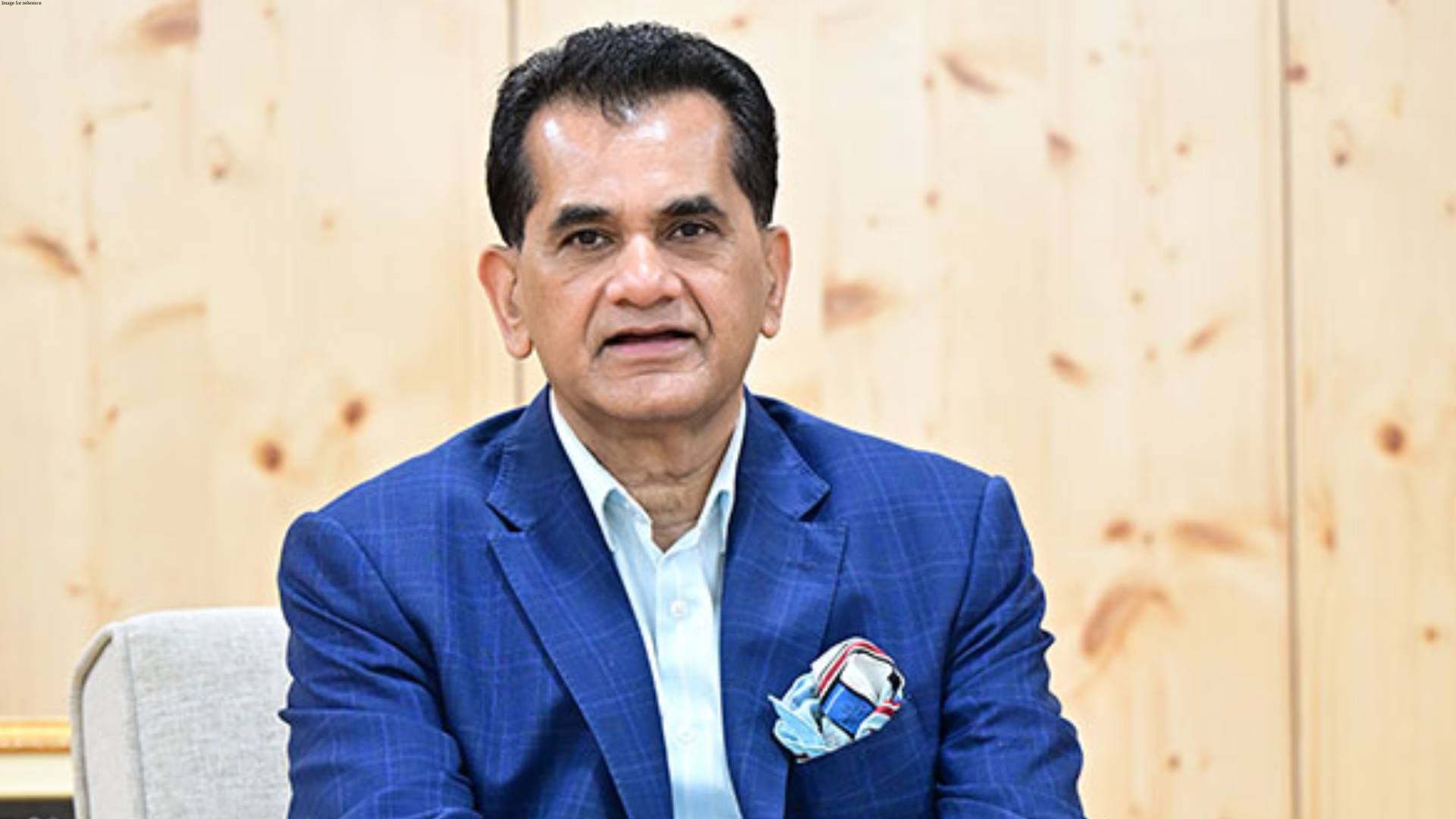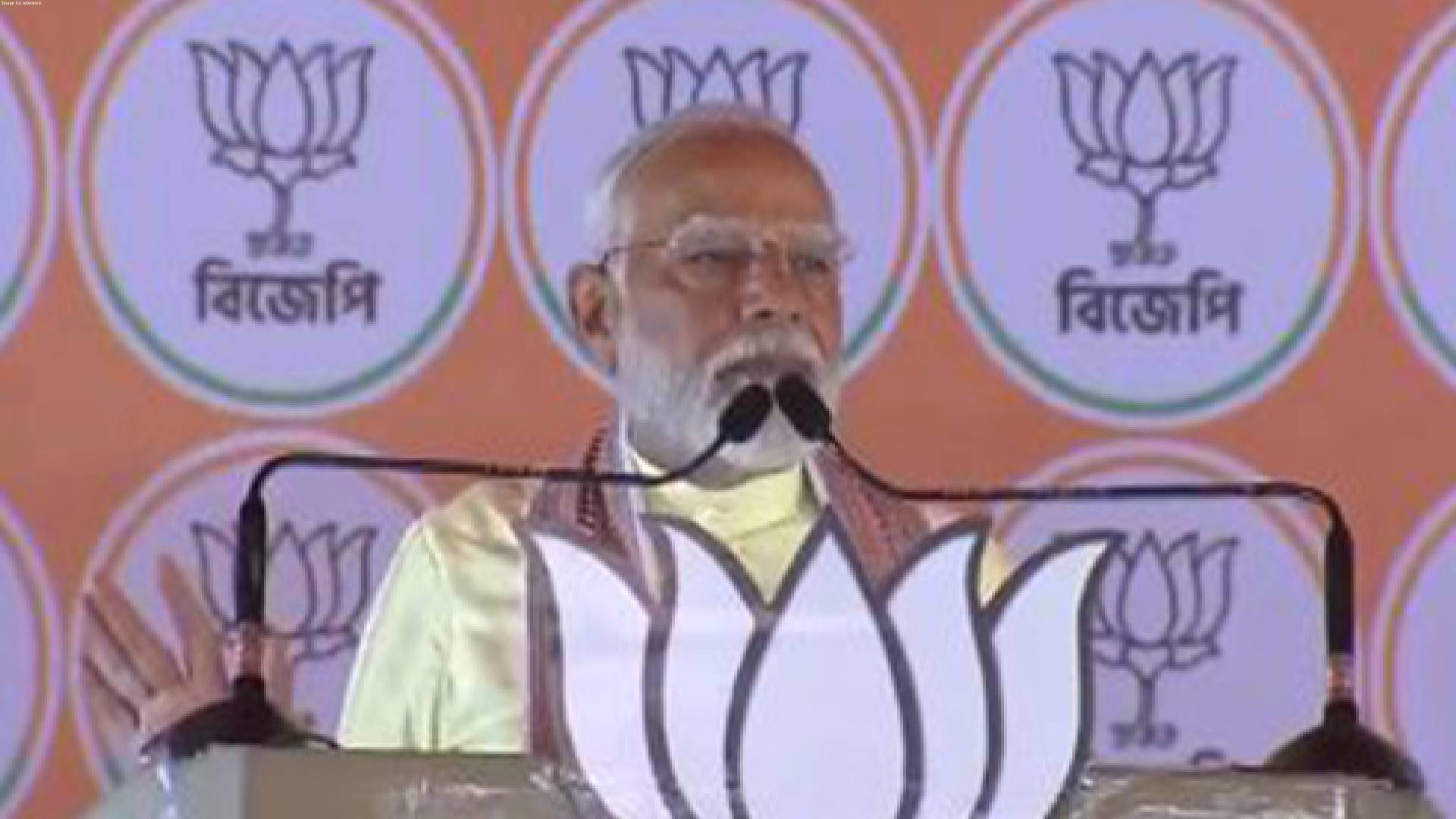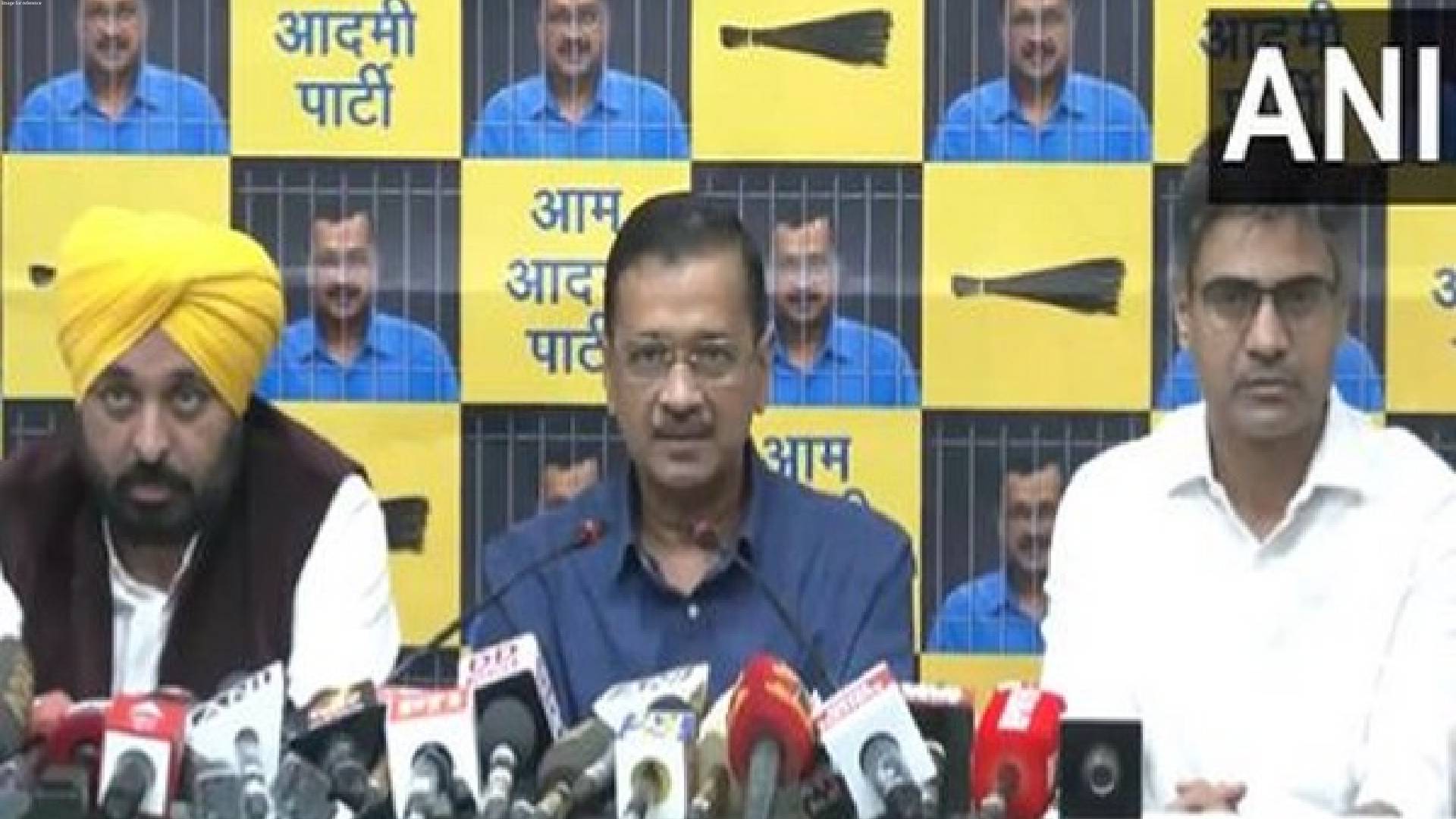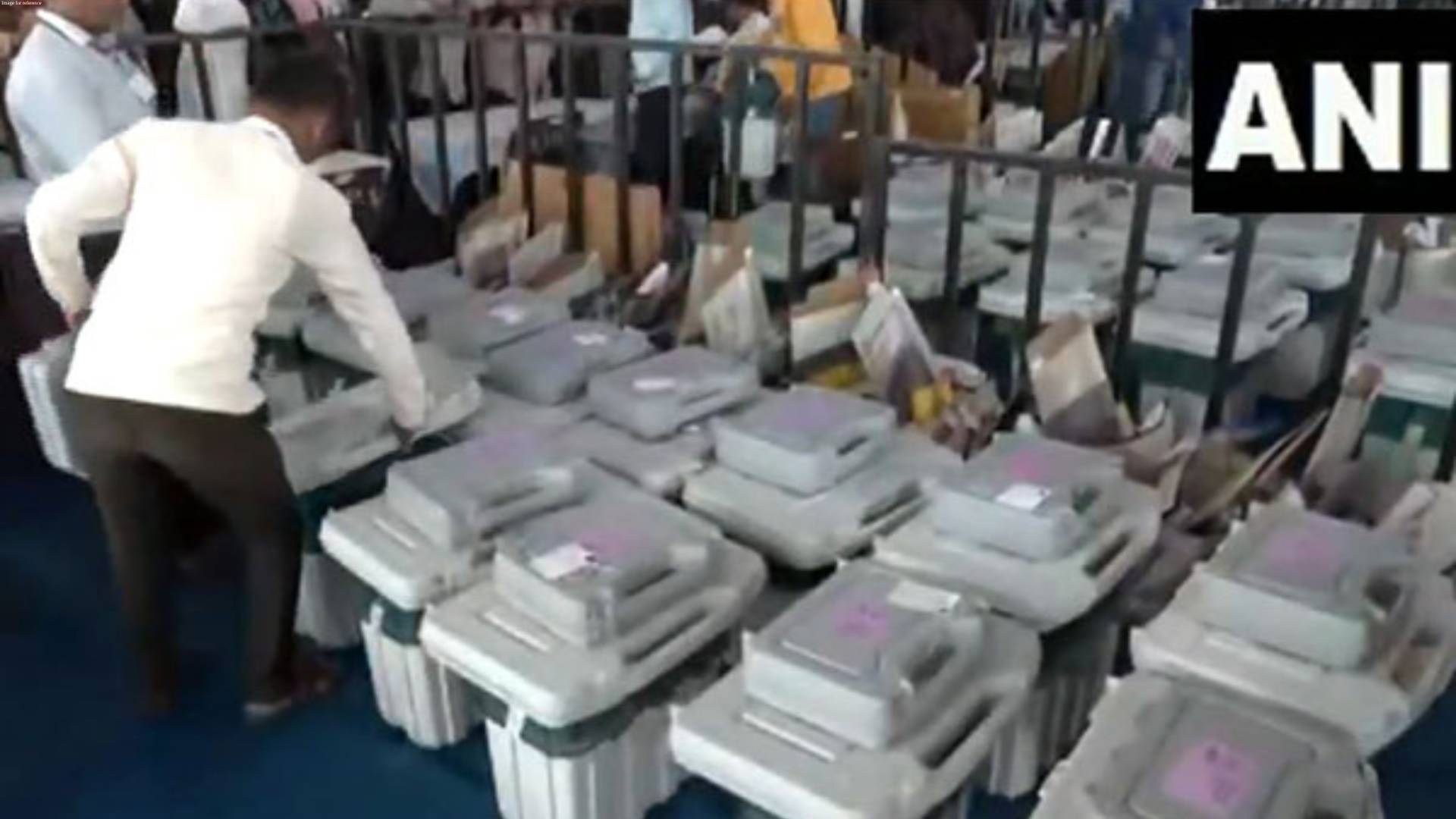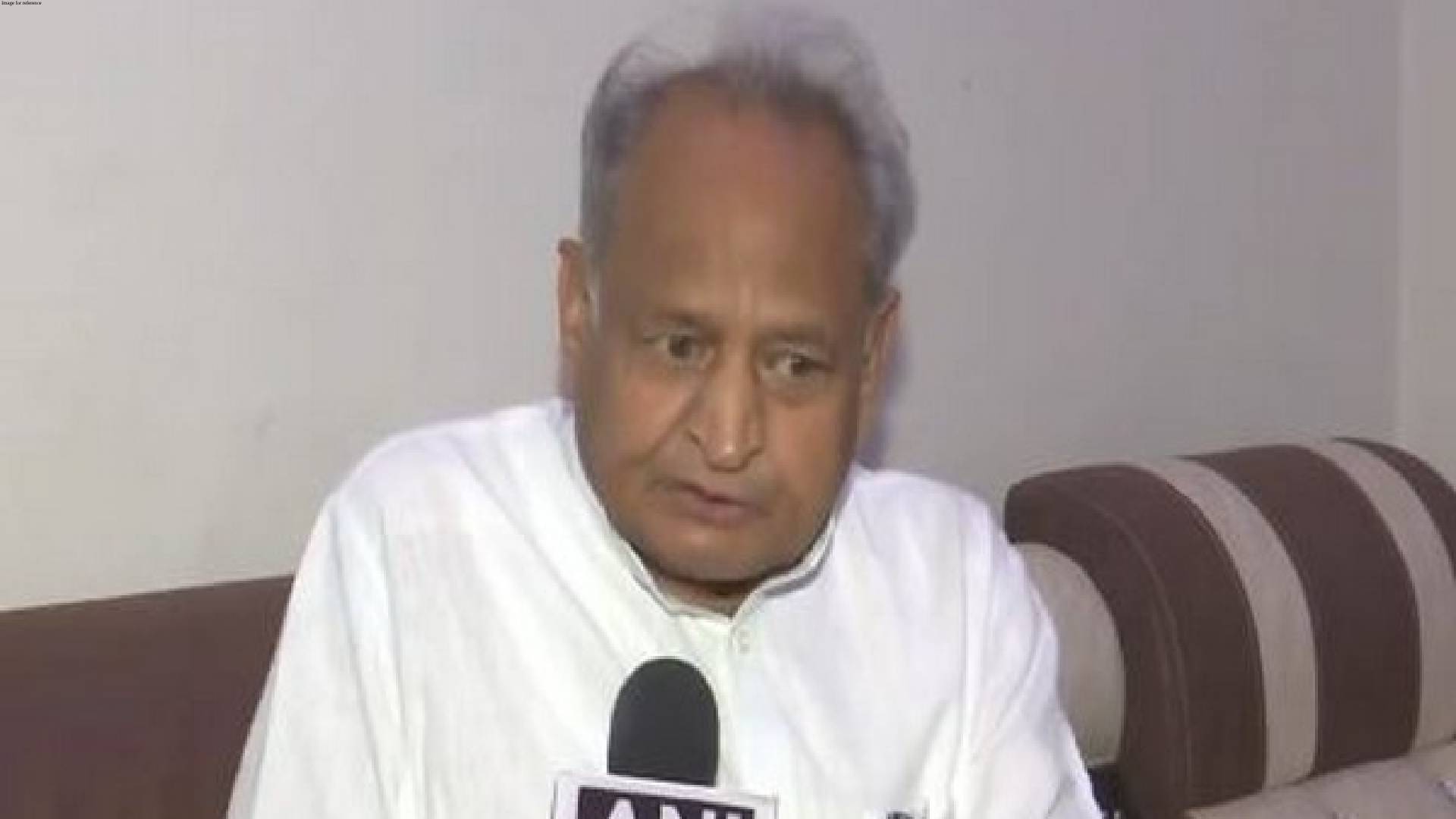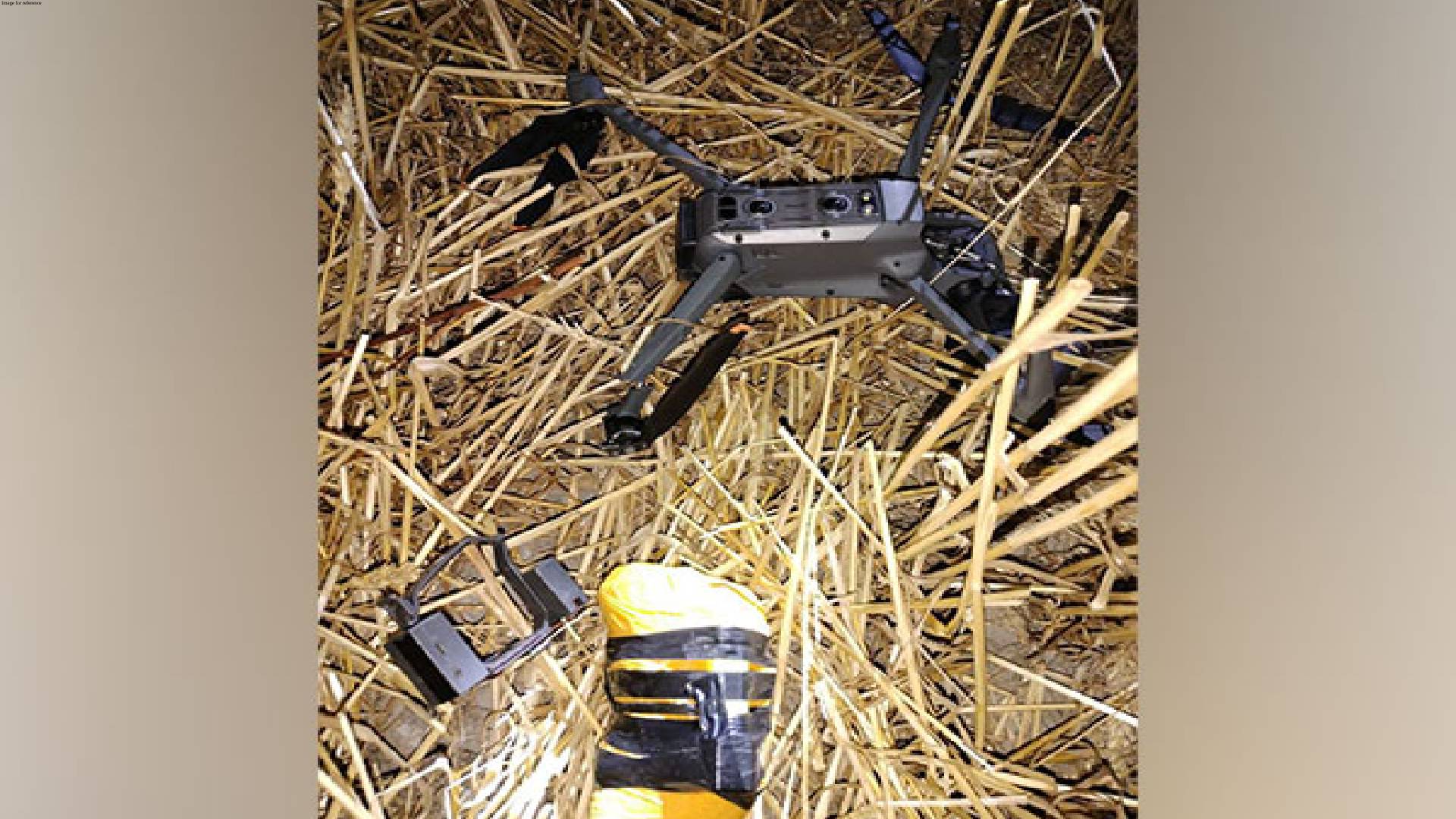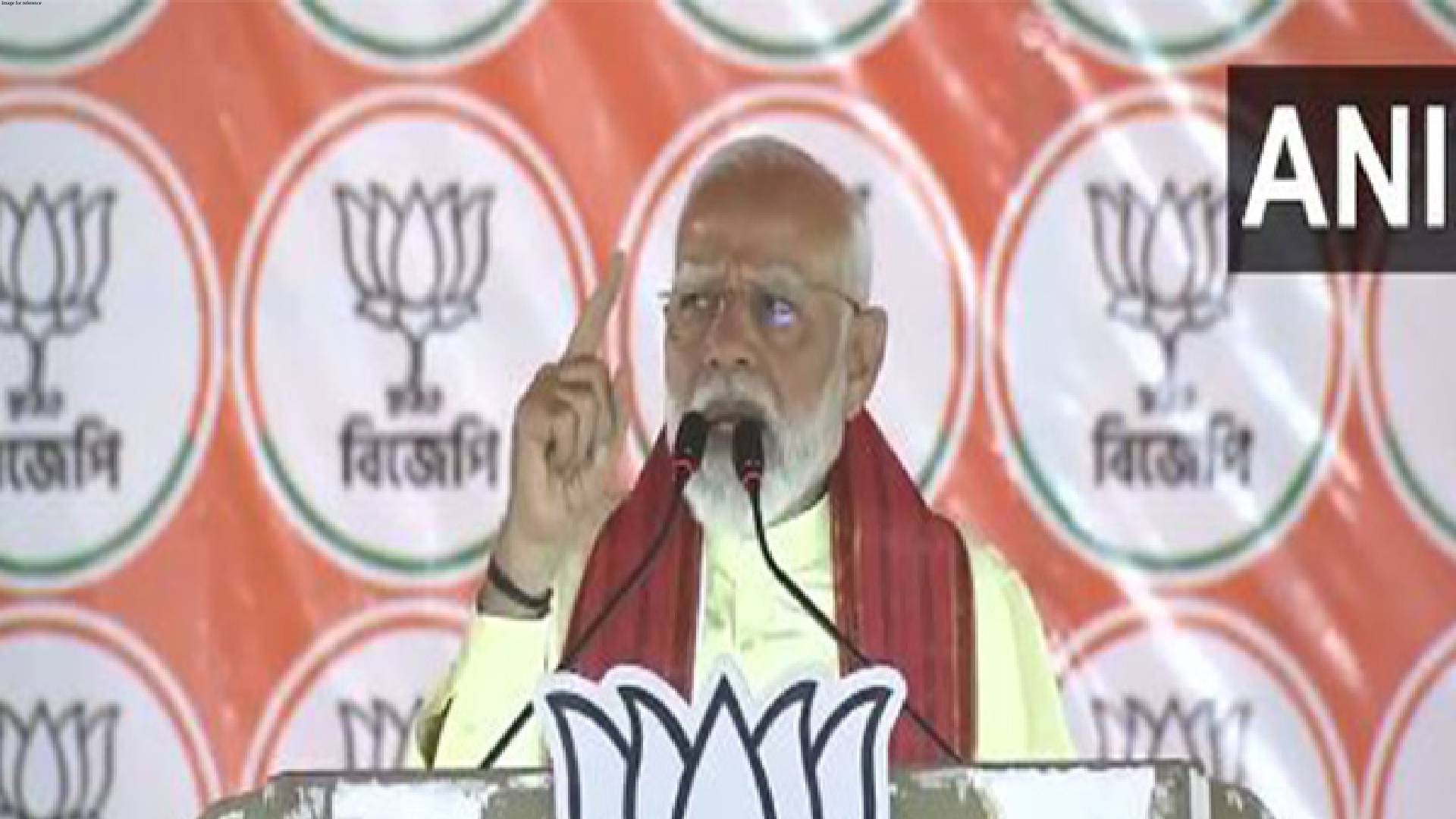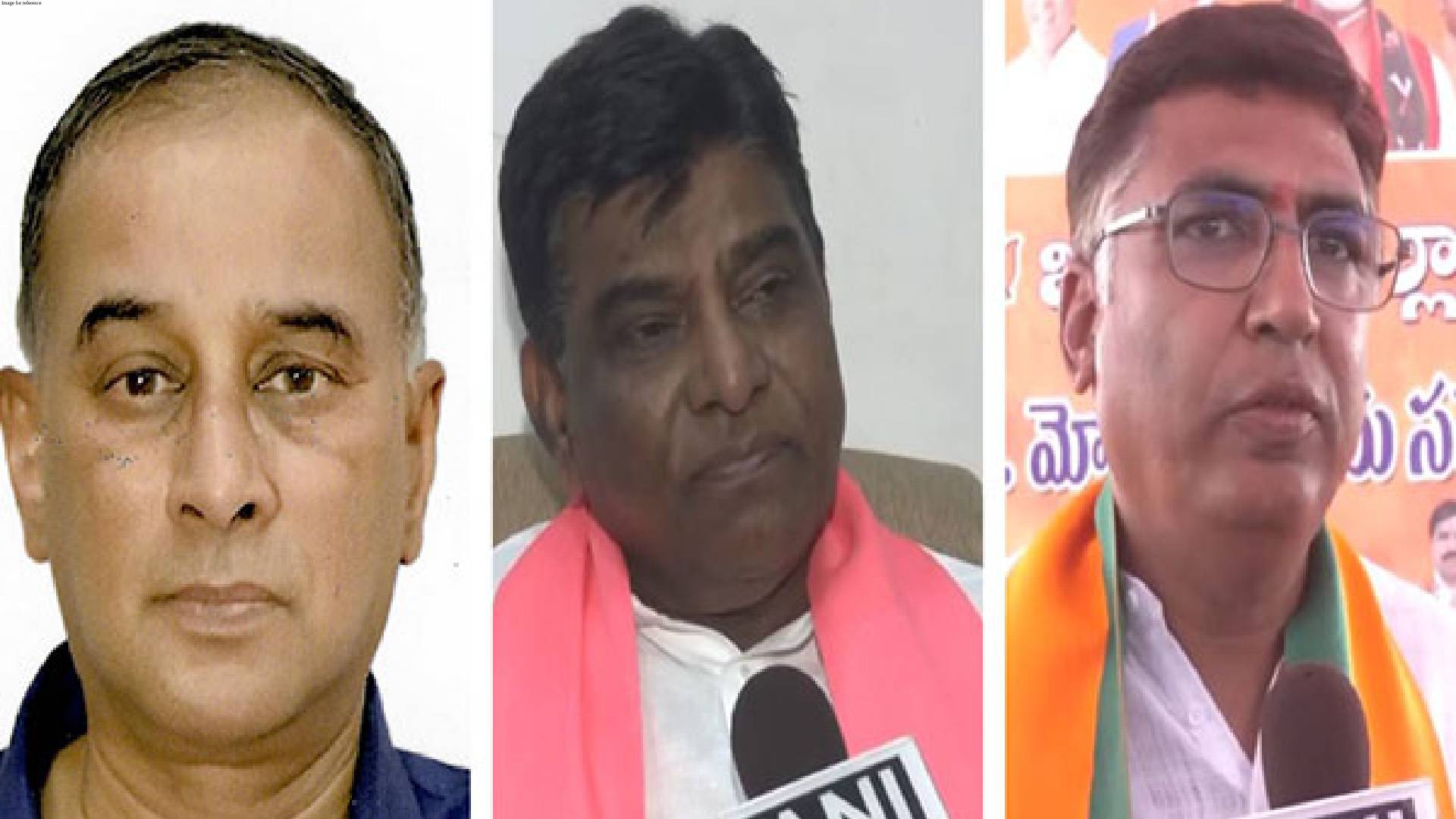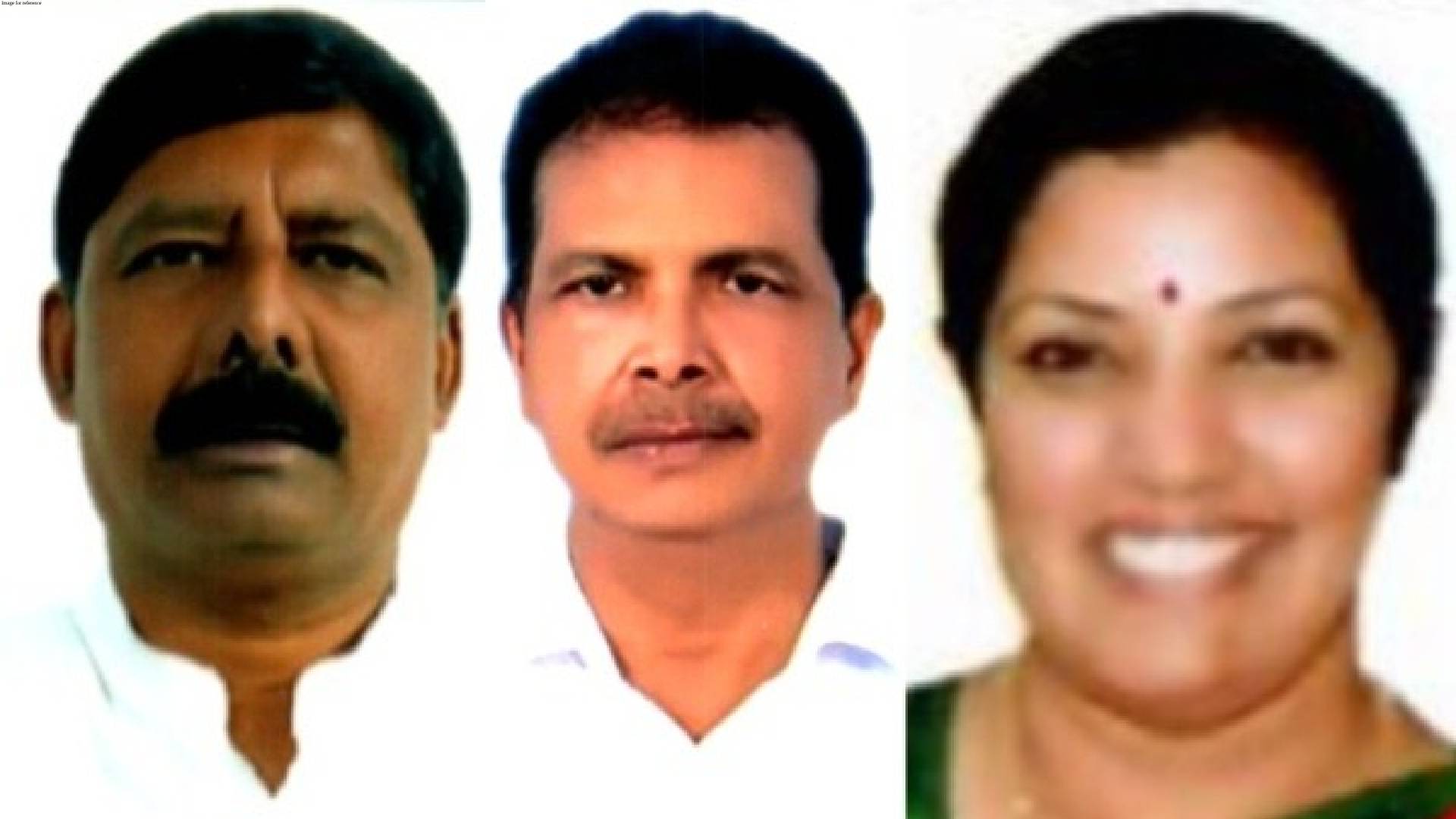From an elite diplomatic event, Modi has converted G20 into a people’s event: Dr Chandra

Detailing how Narendra Modi scripted the success of India’s G20 presidency, Dr Jagdeesh Chandra, CEO and Editor-in-Chief, Bharat24-Vision of New India; CMD and Editor-in-Chief of First India News and First India, reveals how this international event has become a harbinger of development across nations and how Modi ensured that under-developed nations of African Union are also treated at par with Western democracies on the world stage. Dr Chandra gives interesting details about how PM Modi ensured that G20 no longer remains an event of global elites but becomes a mass movement through ‘Jan Bhagidari’. Excerpts... (Part - II)
- What is the talk on ‘rail-port’ going on between India, US, Saudi Arabia etc? Also, how do you see the honour extended by Narendra Modi over dinner to Saudi prince?
Dr Jagdeesh Chandra: Firstly, the middle east corridor is a wonderful approach, which will increase business and interaction between nations. The Prince is a pragmatic individual ,who has studied in best of Colleges. There is no shortage of funds as they have petro-dollars. He has claimed that in the next five years, this corridor will make Saudi the next ‘Europe.’ They do not want to stay dependent on oil and are thus diversifying into copper and other metals and metallurgy. So, it is certain that in the days to come, due to this corridor and the mining initiatives, Saudi Arabia will become a powerful nation. As far as honouring him in Rashtrapati Bhawan, this was a pragmatic step of Narendra Modi to further cement the ties with Islamic nations and to give a message as to how much they honour these nations. There were bilateral talks also that happened on agriculture and investment. Journalists were called for this. So, this move has sent a message in the Arab world that Modi is not anti or indifferent to Muslim world. Thus, the friendship has deepened, whose results we will see in the coming days when business and tourism between India and Saudi Arabia will increase.
- Will the India-MiddleEast Europe corridor become a reason for the Third World War?
I do not see any possibility of that happening simply because half of this corridor exists already and is functional as well. As of today, when one talks about issues that can spark a world war, it is through South China sea on which China lays its claim. China claims on the sea-routes and stresses that the ships passing through the region, be it Indian or American, are passing through its region. The day China brings a halt to that traffic, of course, it will be another Ukraine like battle, but there is no chance of that happening in the near future.
- World Bank and IMF praised Narendra Modi and his government. Rishi Sunak stressed that he is proud to be a Hindu. How do you see these developments?
As far as World Bank is concerned, it had recently released a presser and said that the works that have not happened in India in 50 years, have happened in the past six years. Just imagine the impact of this statement alone. IMF Deputy MD has said that India will continue to grow and in the year 2027-28, India will be world’s third largest economy. Their MD wrote an article saying that India’s future is extremely bright and it is a destination to watch out for. Secondly, the British PM came to India and has shown that he has immense love for the nation. Infosys founder Narayan Murthy’s daughter is Rishi Sunak’s wife, so in a manner of speaking, India considers him as the son-in-law. When he came to India, he gave an interview to ANI wherein, he stressed on two points. Firstly, he said that he is a proud Hindu. This is a clear message and perhaps BJP leaders may have felt extremely elated with this statement. Secondly, he said that he is like a link between India and Britain. He went a step ahead and said that he has brotherly relations with Narendra Modi. So this interview of ANI, kind of, became a document of IndoBritain relationship. So Rishi Sunak’s statements definitely bolstered India’s position on world stage while also cementing relations between India and Britain. In fact, BJP’s Hindu card also gained popularity as Sunak visited a Temple also.
- There was a time when for the smallest of favours, Indian PM used to ferry to USA. But today the situation is different. How do you see this change?
These are clear signs of a stable government, which has a developing economy. Earlier issues like wheat, and small financial favours of about Rs 2 to 3, 000 crore used to be there. Now when we approach US, we do so for projects worth Rs 50,000 crore or Rs one lakh crore. They are interested to come to India and invest here. So things have changed drastically. Earlier, we used to go out seeking favours. But today, we seek things with more authority and as a right. On the other hand, US also extends us honour, which wasn’t the case before. So of course, there has been a ‘U-turn’ and it is a moment of pride for us.
- PM Narendra Modi has been extremely interested in the Global South. What is the reason behind this?
The interest is owing to the fact that China has to be countered. There are about 55 African nations along with several others in the Global South. It is a different world altogether and who will lead them? China claims that it is near to them hence, it wants to assert its leadership there. On the other hand, Narendra Modi is looking towards heading that way. So, this is a major point of his overall strategy and he is looking to create his influence in that area. Take for example the PM of Papua New Guinea, who touched Modi’s feet. Hence, they have realised that Modi wants to be like a big brother to them and will help them out. Thus, it can be said that Narendra Modi is exploring a new area of international leadership.
- So what is Modi’s thought behind bringing the African Union (AU) in the G20 fold?
The thought process was that he wanted to show his influence. He wanted to show that the work that other G20 nations could not do, he could do. Secondly, he wanted to show that like Mahatma Gandhi, he is standing against the differences. African nations are not put on the same pedestal as the West and thus, Modi wants to bring the African Union into the main stream of global politics and development. He wants to stand for them and with them. His idea is that till today, no one has held their hand and so he wants to hold their hand and walk together with them. This is an aspect of his leadership.
- What is the meaning of PM Modi’s slogans ‘Vasudhaiva Kutumbkam’ and ‘Swasti Astu Vishwa’?
This means that development of entire world should be undertaken like a family. Basically, what has happened is that Modi’s thought has become extremely pragmatic. It is influenced by the idea of free economy, free world, free democracy. Thus, he said ‘One Earth, One Family, One Future’. His idea is that the entire world should have free movement and when this ‘manthan’ happens and the ‘Amrit’ churns out, it should be distributed amongst everyone equally. So, taking every person along and ending the difference between rich and poor is the basic purpose of these slogans of PM Modi. This is the thought of Indian civilization and in fact, China objected to it also as to how can we make our civilizational thought into G20’s slogans? But Narendra Modi did it irrespective and since nothing succeeds likes success, this happened. Secondly, regarding the ‘Swasti Astu Vishwa’, he means that the entire world should come together for creating peace, development and move forward for the benefit of the entire world. Thus, if we look at both the statements, they focus on bringing the entire world together, increasing brotherhood, peace, stability and love.
- PM Modi said that G20 is for us and for our people. What does this mean?
Foreign Minister has exemplified PM’s statement in which, he said that this is G20 of ‘Jan Bhagidari’. He said that this used to be an elite event where diplomats and world leaders used to gather, while there was no real connect with the common people. But they have now transformed it and taken it to the common man. They have made it into a ‘Jan Aandolan’ and taken it to our homes. They have visited several cities and held about 600 meetings. Hence, Modi has said that this G20 is for the people and asserted that the fruits of G20 should reach till the last man. So overall, this means that G20 is not merely for the elites, but it is a movement of the general public.
- It appears that PM Modi has found extreme interest in G20. How do you think will he hand over the charge of G20 Presidency to Brazil in November?
This is a psychological question. He likes organising international meets, delivering speeches, advancing nation’s pride through such events and curating the events as well. He must feel some vacuum when the Presidency is handed over. So definitely, there would be one or the other similar platform that would come his way. However, there are elections also to be held in India so he will be busy with that for sometime. By that time, some advisor or strategic thinker of his will bring forth a new plan which will be at par with G20 on international level. Therefore, the vacuum that might come to his mind, will not really be there for a long period of time.
- At the culmination of G20, PM Modi has given a message to United Nations. What is that message?
Plain and simple, the message is ‘accept the new challenges and new realities.’What he meant to say that UN should bring about a change in the permanent membership. He said that for the past 80 years, no major change has happened in the UN, whereas, number of members have increased manifold. So, Modi’s message is that India should be given a permanent seat in the Security Council. He meant to say that today the world has changed as areas like health, infra, finance everything has been transformed and the new set up of UN and Security Council, should represent the ground realities from across the world.
During the show #JConModiMilestone trended top All-India on Twitter

